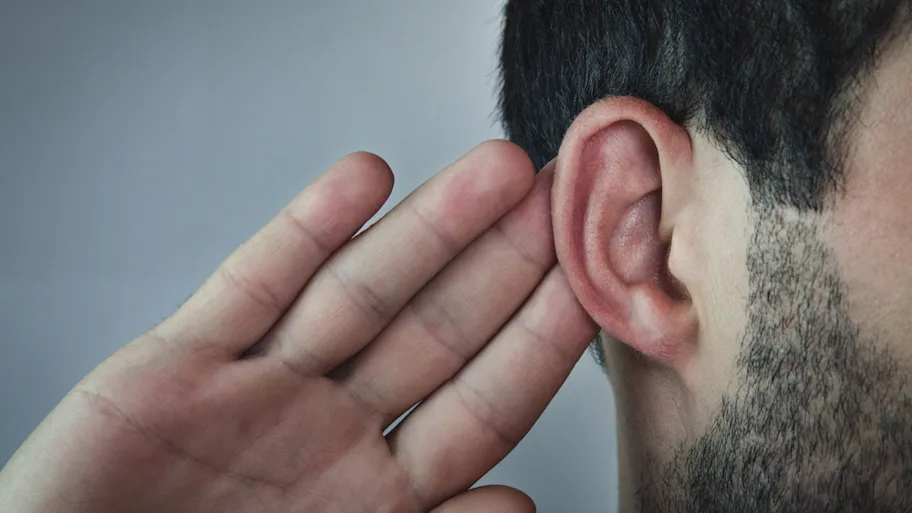
- Science News
- Neuroscience
- Preventing childhood deafness following treatment with life-saving cancer drugs
Preventing childhood deafness following treatment with life-saving cancer drugs

A new way to deliver steroids into the inner ear can significantly reduce hearing loss in mice treated with the chemotherapy drug cisplatin. Image: Shutterstock
Charity Action on Hearing Loss is supporting the biotechnology firm Otomagnetics, which today announces an important breakthrough towards preventing hearing loss caused by a widely used chemotherapy drug.
Using a new technique to deliver steroids to the inner ear, developed with funding from Action on Hearing Loss, Otomagnetics have been able to reduce hearing loss in mice treated with the chemotherapy drug cisplatin by 50%.
Cisplatin is commonly used to treat childhood cancers but can lead to permanent or severe high frequency hearing loss in 9 out 10 children following treatment. Hearing loss can occur within hours or days after the first cycle of cisplatin treatment, or develop after repeated rounds of treatment.
Steroids can reduce cisplatin-induced hearing loss but they may also reduce the effectiveness of cisplatin’s ability to kill cancer cells. This means they need to be directly delivered to the cochlea to be effective and to avoid this side-effect. The current approach is to inject liquid steroids through the ear drum into the middle ear from where they can diffuse into the cochlea. However, this method is not very efficient as the steroid is lost via the Eustachian tube as soon as the patient stands up, so doesn’t get into the cochlea at high enough concentrations to prevent hearing loss.
Otomagnetic’s new approach to getting drugs into the cochlea uses magnetic fields to push drug-covered iron nanoparticles into the cochlea. The approach, described in Frontiers in Cellular Neuroscience, is significantly more efficient than a normal intra-tympanic injection. The technique could be used to deliver any drug to the ear and can also be used to deliver drugs into eyes or into the skin.
Dr Ralph Holme, Director of Research at Action on Hearing Loss said: “It is vital that we find effective ways of getting drugs into the inner ear, which is why we are backing Otomagnetics.
“It is great news that progress is being made towards finding new ways to protect children’s hearing following cancer treatment with cisplatin which causes the sensory hair cells in the cochlea that detect sound to die and can leave cancer survivors who have already gone through a traumatic experience depressed and isolated.”
Otomagnetics anticipate that their magnetic delivery method could also be used to deliver a wide range of drug, gene and stem cell-based treatments to ultimately treat many different types of hearing loss.
Original research article: Magnetic nanoparticle mediated steroid delivery mitigates cisplatin induced hearing loss
Corresponding author: Benjamin Shapiro
REPUBLISHING GUIDELINES: Open access and sharing research is part of Frontier’s mission. Unless otherwise noted, you can republish Frontiers news articles — as long as you include a link back to the original research. Selling the articles is not allowed.






